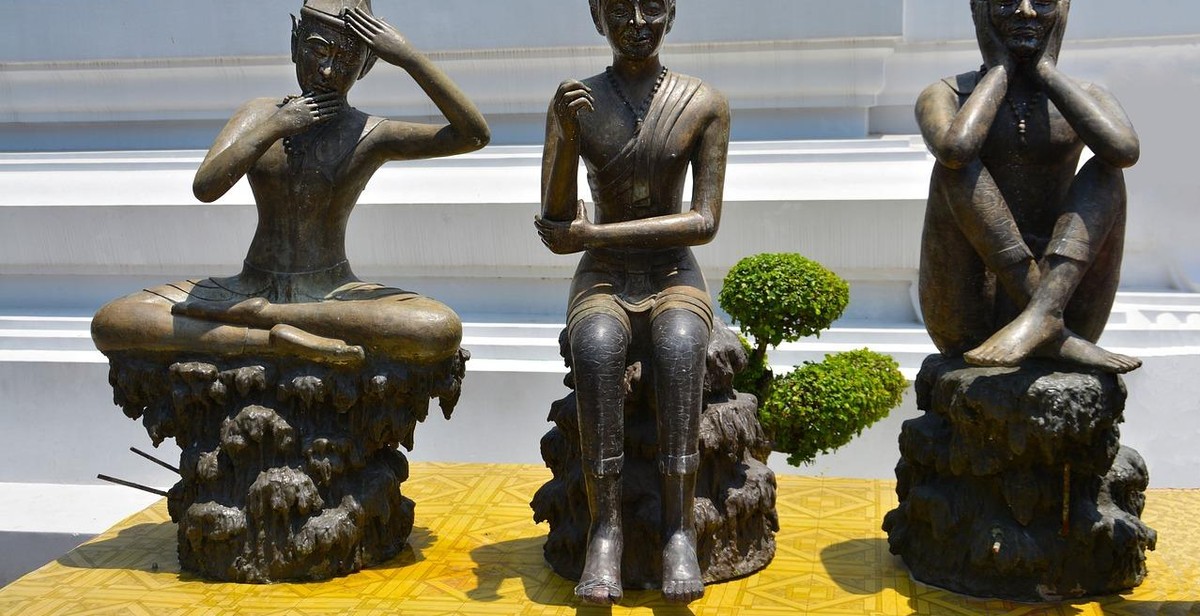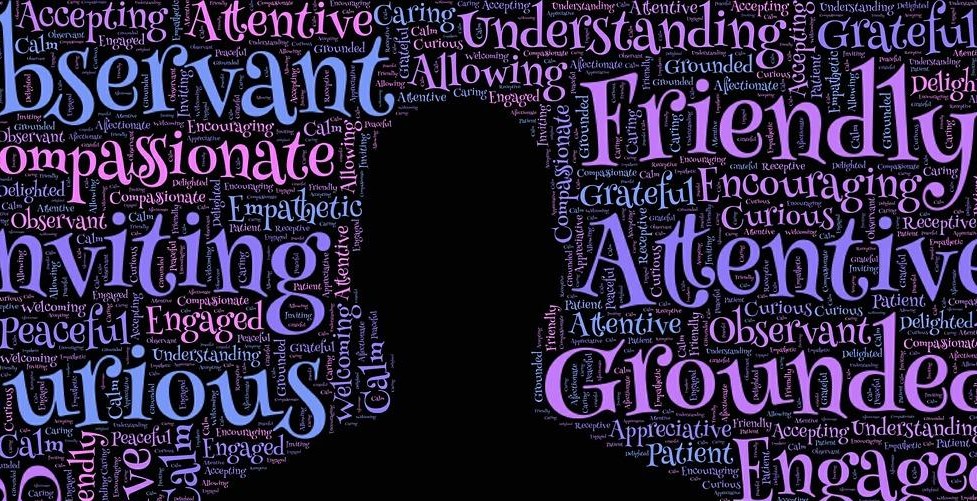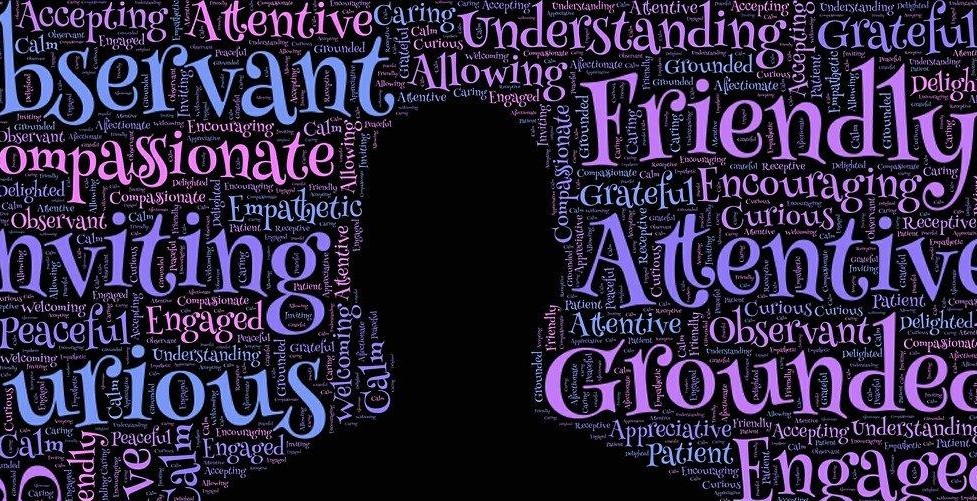The Connection between Meditation and Better Leadership Skills
Leadership skills are crucial for any individual who wants to succeed in their personal and professional life. Effective leadership skills are what distinguish successful individuals from the rest. A leader must be able to inspire, motivate, and guide their team towards a common goal. However, developing leadership skills is not always easy.
Meditation has been gaining popularity as a tool to help individuals improve their leadership skills. Meditation is a practice that involves training the mind to focus and achieve a state of calmness and relaxation. It has been shown to have numerous benefits, including reducing stress and anxiety, improving concentration, and promoting emotional well-being.
The Importance of Leadership Skills
Leadership skills are essential for individuals in various fields, including business, politics, education, and healthcare. Good leadership skills enable individuals to motivate their team, communicate effectively, and make sound decisions. Effective leaders are also able to adapt to changing situations and handle difficult challenges.
Leadership skills are not innate; they can be learned and developed over time. However, developing leadership skills requires discipline, self-awareness, and continuous learning. This is where meditation comes in handy.
By incorporating meditation into their daily routine, individuals can improve their leadership skills by developing self-awareness, emotional intelligence, and better decision-making abilities.

What is Meditation?
Meditation is a practice that has been around for centuries. It is a technique that involves training the mind to focus and achieve a state of relaxation and calmness. Meditation is often associated with spiritual practices, but it can also be used for secular purposes, such as stress reduction, anxiety management, and improving concentration.
Different Types of Meditation Techniques
There are several types of meditation techniques, each with its own unique benefits. Here are some of the most popular types of meditation:
- Transcendental Meditation (TM): This is a type of meditation that involves the use of a mantra or sound to achieve a state of deep relaxation.
- Vipassana Meditation: This is a type of meditation that focuses on the breath and helps to develop mindfulness and awareness.
- Loving-Kindness Meditation: This is a type of meditation that involves cultivating feelings of love, kindness, and compassion towards oneself and others.
- Mindfulness Meditation: This is a type of meditation that involves paying attention to the present moment and accepting one’s thoughts and feelings without judgment.
Other types of meditation include yoga, Zen meditation, and guided meditation. Each type of meditation has its own unique benefits and can be used to achieve different goals.
Benefits of Meditation
Research has shown that meditation can have a positive impact on both physical and mental health. Some of the benefits of meditation include:
| Physical Benefits | Mental Benefits |
| Reduces stress and anxiety | Improves concentration and focus |
| Lowers blood pressure | Increases self-awareness |
| Improves sleep | Reduces symptoms of depression |
| Boosts immune system | Enhances emotional well-being |
In conclusion, meditation is a powerful tool that can be used to improve both physical and mental health. There are several types of meditation techniques, each with its own unique benefits. By incorporating meditation into your daily routine, you can achieve a state of relaxation and calmness, and develop better leadership skills.

How Meditation Can Improve Leadership Skills
Leadership is a complex skill that requires a combination of traits such as self-awareness, emotional intelligence, decision-making, creativity, and innovation. Meditation, a technique that has been practiced for centuries, has been proven to enhance these skills and make leaders more effective in their roles.
Increase Self-Awareness
Self-awareness is essential for leaders to understand their strengths, weaknesses, and how they impact those around them. Meditation helps leaders to become more self-aware by focusing their attention on their thoughts, emotions, and physical sensations. This practice enables leaders to identify their triggers and develop a deeper understanding of their behavior, which, in turn, can help them to make better decisions.
Develop Emotional Intelligence
Emotional intelligence is the ability to recognize and manage one’s emotions and those of others. Leaders who possess this skill can create a positive work environment, build strong relationships, and motivate their teams. Meditation helps to develop emotional intelligence by increasing empathy, reducing stress, and improving communication skills. This practice enables leaders to approach situations with a calm and clear mind, leading to better decision-making and improved relationships with their team.
Improve Decision-Making Skills
Leaders are often required to make difficult decisions that can have a significant impact on their organization. Meditation helps to improve decision-making skills by enhancing focus, clarity, and creativity. This practice enables leaders to approach problems from different angles and identify potential solutions that may not have been apparent before. Additionally, meditation helps leaders to remain calm and objective in high-pressure situations, leading to better decision-making.
Enhance Creativity and Innovation
Creativity and innovation are essential for leaders to stay ahead in today’s competitive business world. Meditation helps to enhance creativity and innovation by increasing focus, reducing distractions, and improving the ability to think outside the box. This practice enables leaders to approach problems with a fresh perspective and come up with new and innovative solutions.
In conclusion, meditation can significantly improve leadership skills by increasing self-awareness, developing emotional intelligence, improving decision-making skills, and enhancing creativity and innovation. By incorporating meditation into their daily routine, leaders can become more effective in their roles and lead their organizations to success.

Scientific evidence supporting the connection between meditation and leadership skills
Meditation has been practiced for centuries in various cultures and religions as a means of achieving inner peace, self-awareness, and spiritual growth. In recent years, scientific studies have shown that meditation can also have a positive impact on leadership skills.
Studies on meditation and self-awareness
Self-awareness is a critical skill for effective leadership. Several studies have shown that regular meditation practice can increase self-awareness by helping individuals become more attuned to their thoughts, emotions, and physical sensations. As a result, leaders who meditate may be better equipped to understand their own strengths and weaknesses, as well as the impact of their actions on others.
Studies on meditation and emotional intelligence
Emotional intelligence is another key leadership skill that can be improved through meditation. Research has found that individuals who meditate regularly show increased activity in the prefrontal cortex, a part of the brain associated with emotional regulation and empathy. This suggests that meditation can help leaders develop greater emotional intelligence, which in turn can lead to more effective communication and conflict resolution skills.
Studies on meditation and decision-making skills
Effective decision-making is a critical component of leadership. Studies have shown that meditation can enhance cognitive flexibility and improve decision-making skills by increasing the ability to stay focused, process information more efficiently, and remain calm under pressure. This can lead to more effective and efficient decision-making, which is essential for successful leadership.
Studies on meditation and creativity
Creativity is another essential skill for effective leadership. Research has found that regular meditation practice can increase creativity by improving divergent thinking and the ability to generate new ideas. This can help leaders to think more creatively and come up with innovative solutions to complex problems.
| Studies | Findings |
|---|---|
| Study 1 | Regular meditation practice can increase self-awareness |
| Study 2 | Regular meditation practice can increase emotional intelligence |
| Study 3 | Meditation can enhance cognitive flexibility and improve decision-making skills |
| Study 4 | Regular meditation practice can increase creativity |
Overall, the scientific evidence supports the connection between meditation and better leadership skills. Leaders who incorporate regular meditation practice into their daily routine may be better equipped to lead effectively and achieve their goals.
How to Incorporate Meditation into Leadership Development
Meditation is a powerful tool that can help individuals develop better leadership skills. By incorporating meditation into your daily routine, you can learn to manage stress, increase focus, and improve your ability to communicate and collaborate with others. Here are some tips on how to get started:
Start Small and Be Consistent
Begin with just a few minutes of meditation each day and gradually increase your practice over time. Consistency is key, so aim to meditate at the same time each day to establish a routine.
Find a Quiet Place to Meditate
Choose a quiet space where you can sit comfortably and focus on your breath. It can be helpful to create a designated meditation space in your home or office.
Use Guided Meditations if Needed
If you are new to meditation, using guided meditations can be helpful. There are many apps and websites that offer guided meditations for free.
Join a Meditation Group or Retreat
Joining a meditation group or attending a retreat can provide additional support and guidance as you develop your practice. It can also be a great way to connect with like-minded individuals.
Introduce Meditation to Your Team or Organization
Consider introducing meditation to your team or organization as a way to promote stress management and improve overall well-being. This can be done through group meditations or by providing resources and support for individual practice.
- Start small and be consistent
- Find a quiet place to meditate
- Use guided meditations if needed
- Join a meditation group or retreat
- Introduce meditation to your team or organization
By incorporating meditation into your leadership development, you can cultivate a greater sense of self-awareness and empathy, which can lead to more effective leadership and better outcomes for your team or organization.

Conclusion
As we have seen, there is a strong connection between meditation and better leadership skills. By practicing meditation, leaders can improve their ability to focus, manage stress, and enhance their emotional intelligence. These skills are essential for effective leadership, as they enable leaders to communicate more effectively, build stronger relationships, and make better decisions.
Moreover, meditation can help leaders develop a more compassionate and empathetic approach to leadership, which can improve employee engagement and productivity. By taking the time to understand and connect with their team members on a deeper level, leaders can create a more positive and productive work environment.
Overall, incorporating meditation into your leadership practice can have a significant impact on your ability to lead effectively. Whether you are a seasoned executive or a new manager, taking the time to develop your meditation practice can help you become a more mindful, compassionate, and effective leader.
Key Takeaways
- Leaders who practice meditation can improve their ability to focus, manage stress, and enhance their emotional intelligence.
- These skills are essential for effective leadership, as they enable leaders to communicate more effectively, build stronger relationships, and make better decisions.
- Meditation can help leaders develop a more compassionate and empathetic approach to leadership, which can improve employee engagement and productivity.
- By taking the time to develop your meditation practice, you can become a more mindful, compassionate, and effective leader.
References
| 1. | Goleman, D. (2011). Leadership that gets results. Harvard Business Review, 79-90. |
| 2. | Davidson, R. J., & Begley, S. (2012). The emotional life of your brain: How its unique patterns affect the way you think, feel, and live–and how you can change them. Penguin. |
| 3. | Boyatzis, R. E., & McKee, A. (2013). Resonant leadership: Renewing yourself and connecting with others through mindfulness, hope, and compassion. Harvard Business Press. |
